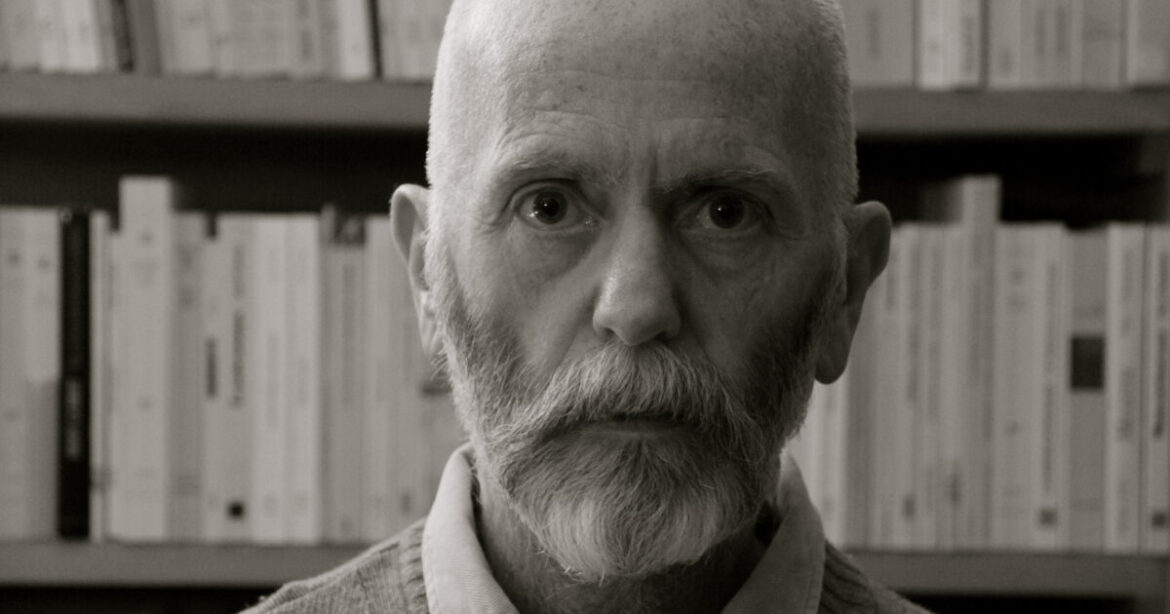The British government has officially barred 78-year-old French philosopher Renaud Camus from entering the country, citing his views on mass migration as a threat to “the public good.” The decision—widely condemned as an attack on free expression—was delivered just days before Camus was scheduled to speak at a nationalist conference and the Oxford Union.
Camus is best known for coining the phrase “The Great Replacement,” a concept that argues mass migration is changing the demographic and cultural makeup of Western nations. While controversial, Camus has consistently distanced himself from hatred or violence, insisting his ideas are civilizational, not racial.
Home Office Justification: National Security or Political Censorship?
According to documents reviewed by The Telegraph, the UK Home Office informed Camus that his “presence is not conducive to the public good,” invoking Section 3(5)(a) of the Immigration Act 1971—a law historically used to block threats to national security but increasingly applied to political thinkers.
This statute, once reserved for extremists and criminal elements, is now being wielded against a European intellectual with no history of violence, incitement, or criminal behavior.
Camus Responds: “Britain Was a Beacon of Free Speech”
Speaking on GB News, Camus reacted to the ban with a blend of disappointment and irony.
“I was probably banned because they thought I was an adversary to what is going on in this country now—which I am. I think what is going on in England, as in France or any other Western country, is a crime.”
“To be banned from a country I admired for its tradition of free speech is surreal.”’
Global Backlash and Free Speech Concerns
The decision has drawn widespread condemnation from free speech advocates, academics, and conservative intellectuals.
-
The Free Speech Union called the decision “deeply troubling,” vowing to help Camus challenge the ban in court.
-
Lord Young, chairman of the FSU, said: “Banning someone from sharing their views—however controversial—is not how free societies deal with disagreement. We counter bad ideas with better ones, not border control.”
-
Columnist Michael Deacon asked: “If criticizing mass immigration is grounds for exile, what happens to the millions of Brits who feel the same way?”
Critics argue that the government’s move is not about national security, but rather suppressing ideological dissent in a country whose leadership is rapidly moving toward enforced uniformity of thought.
A Dangerous Double Standard
The British government has allowed foreign clerics with extremist, violent ideologies to enter the country under the banner of religious tolerance, yet it now bans a European intellectual who has never broken the law nor called for violence.
“The same political class that excuses hate preachers now silences philosophers,” said one GB News commentator.
This double standard underscores what many see as the growing weaponization of immigration law to enforce political orthodoxy.
Future Appearances in Doubt, But Camus Remains Defiant
Camus was scheduled to speak later this year at the Oxford Union, one of the most prestigious debating societies in the world. That appearance is now in doubt.
“Of all the European governments guilty of enabling mass migration, Britain is among the worst,” Camus told reporters. “It’s no surprise they don’t want me to speak.”
Despite the travel ban, Camus remains a prominent figure in intellectual circles across Europe, and his work continues to be studied, debated, and translated around the world.
Conclusion: The New Face of Censorship
The UK’s ban on Renaud Camus signals a troubling shift: one where speech is policed, dissent is criminalized, and truth is increasingly defined by those in power.
Whether one agrees with Camus or not, the principle at stake is universal: the right to speak, to argue, and to challenge the dominant narrative without fear of exile.
As the philosopher himself put it:
“To suppress ideas is not to defeat them—it is to admit you cannot.”

